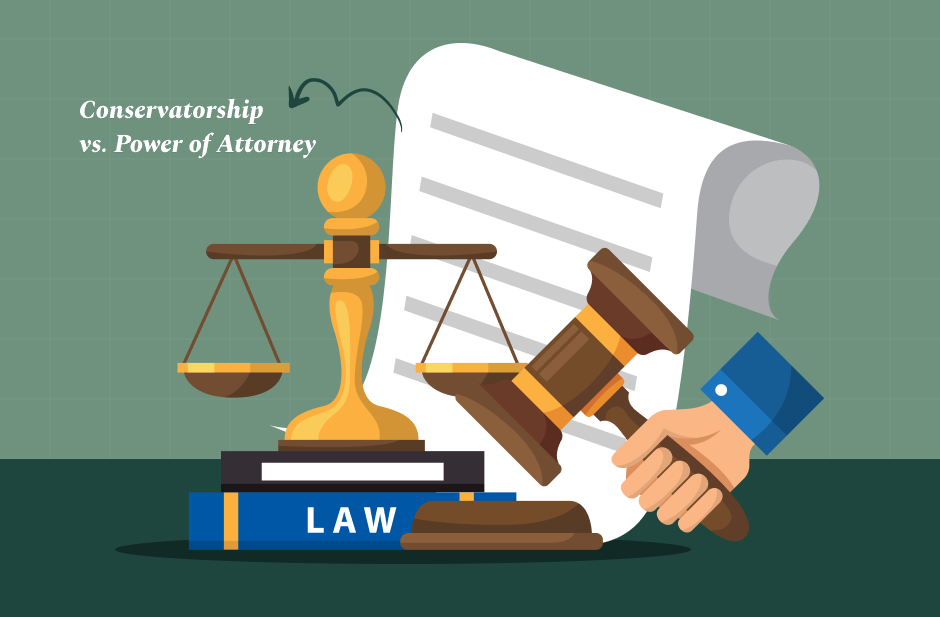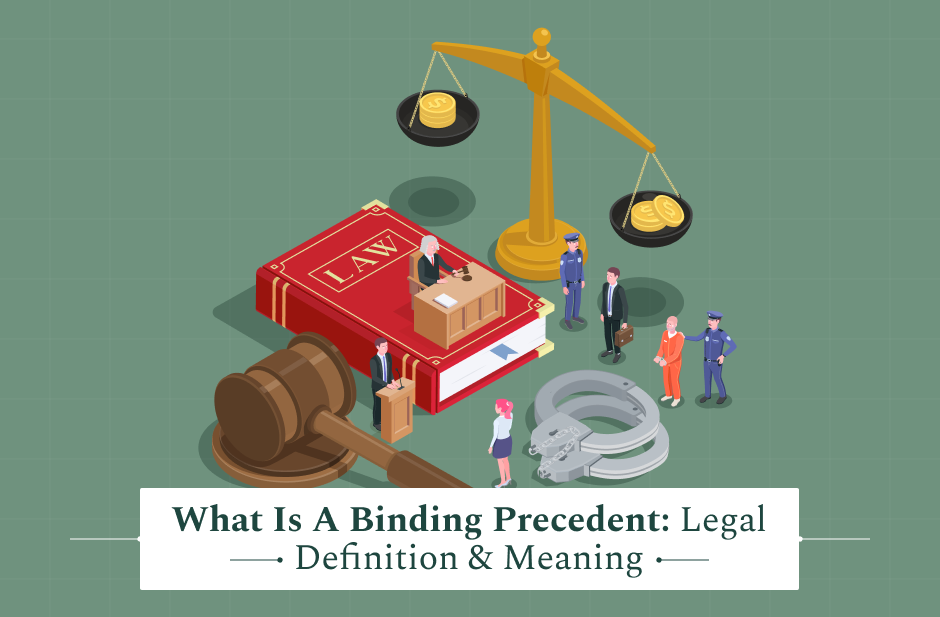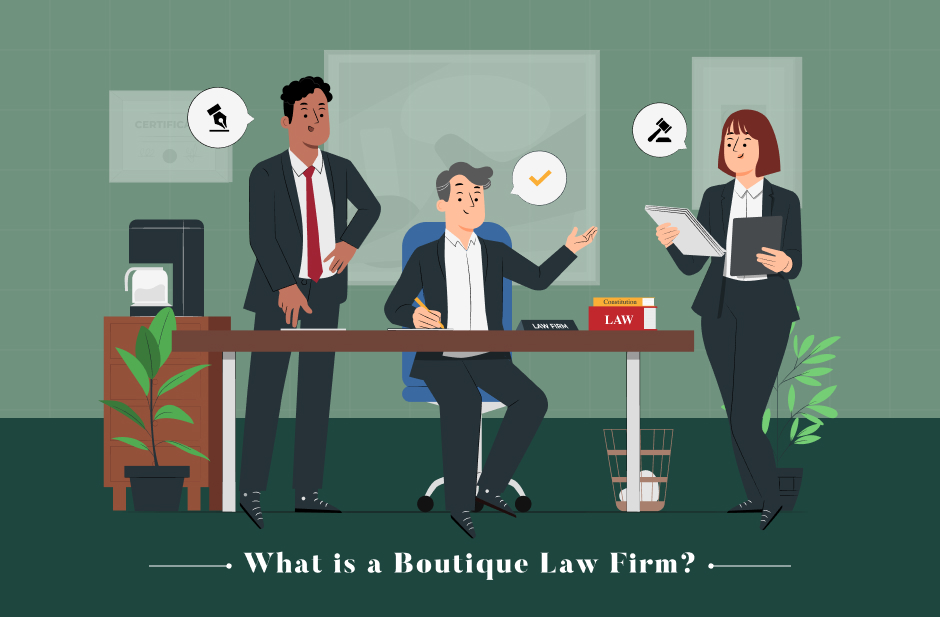To have the power of attorney carries great responsibility. In layman’s terms, it means that somebody has vested their faith in you to handle their financial and health-related matter. A Power of Attorney (POA), whether it’s financial, health, or business, demands a good deal of trust, honesty, and appreciation of roles and responsibilities.
A POA designates the appointed individual as the “agent,” and the person who appoints the agent as the “principal.” Whether you set up your power of attorney online or in person, the process is simple. But the real question is, what are the responsibilities of the agent? What does it mean to have a power of attorney?
Let’s break it down in simple terms.
Who is a Power of Attorney?
A power of attorney is sometimes known as a letter of attorney. It is a formal document that allows you to designate a lawyer or a close relative to manage your affairs. Subsequently, make decisions. These choices could be as minor as paying bills, as large as selling real estate, etc. As a POA, you can only make these decisions if the principal is incapacitated due to an accident, illness, or business trip.
Having power of attorney, however, does not give you the freedom to decide as you see fit. The authority of a POA is limited by the legal document that is drawn. It is necessary to read it carefully and adhere to the conditions set in this document.
How Does Power of Attorney Work?
A power of attorney is a legal document that binds an individual or gives some privy or rights to a person regarding certain aspects. A power of attorney comes into function when the actual owner or privy of these rights falls into some trouble that stops the person from enacting that ownership.
This shift of power could be temporary or permanent. Therefore, it primarily depends upon the clause and the situation. Therefore making it one of the most prominent aspects of power of attorney and decides its overall essence.
Types of Power of Attorneys
The power of attorneys is varied and comes in several different shapes and sizes. Therefore, if we are on the topic of understanding what a power of attorney does, we need to understand its variations carefully.
Here are some of the popular kinds of power of attorneys that you need to understand. However, this is not a ranking section. We are just helping you guys understand the variations that are present.
- Healthcare Power Of Attorney: The person holding this POA can make medical decisions at the behest of the person in question.
- Financial Power Of Attorney: This allows the person holding the POA to make financial decisions on behalf of the person in question.
- General Power Of Attorney: This allows the person in question to take all the onus or have the power to make decisions as stated by the state laws.
While there are other variations as well. However, we have decided to include some of the most prominent and common POAs that are available out there.
Key Responsibilities of a Power of Attorney
As a power of attorney, your main duty is to carry out all prescribed instructions in a way that serves the principal, not yourself. Here’s what that looks like:
1. Follow Instructions
The principal could have specific instructions on how they would like things done. Always ensure to respect their wishes.
2. Manage Money
If the position has to do with financial matters, for instance, you should be able to balance accounts, pay bills, and manage investments appropriately. Never mix your money with theirs and keep records as clean as possible.
3. Make Healthcare Choices
In some cases, the person holding a POA can make medical decisions in place of the person in question. This is generally done in cases where people are incapacitated by accident or are suffering from serious illness affecting their cognitive abilities.
4. Stay Transparent
Using your position of authority for personal gain is never moral. Make sure that you maintain transparent communication with the principal or a member of the principal’s family.
Can You Refuse to Act as a Power of Attorney?
Yes, you can refuse to act as a Power of Attorney (POA) if you do not wish to take on the role. Being appointed as someone’s attorney—whether through a lasting power of attorney (LPA) or an enduring power of attorney (EPA)—does not mean you are legally obligated to accept the responsibility.
If you are named as an attorney but do not want to act, here’s what you can do.
- Before Activation: If the POA has not yet been activated, you can decline the role by informing the principal in writing. They may then choose someone else to act on their behalf.
- After Activation: If the POA is already in use, you can formally step down. For an LPA, you must complete a ‘Deed of Revocation’ and notify the Office of the Public Guardian (OPG). For EPAs, you would need to inform the principal, all other attorneys, and relevant parties.
It’s important to understand the responsibilities before agreeing to act, as it involves managing finances, property, or healthcare decisions. If you feel unable to fulfil the role, it’s better to refuse early so the donor can appoint someone else they trust.
To Sum Up
To be a power of attorney means to be entrusted with the responsibility for someone else, no matter if you are handling someone’s money or deciding on their healthcare. This position requires you to shoulder a lot of responsibility and requires careful consideration on the part of the person appointing you. If you have been selected for this position, make time to fully understand what it entails.
Remember, the role of a power of attorney is a unique opportunity to help someone when they need it. When prepared effectively and understood well, the goal will be to complete these duties professionally and responsibly.
Read More:
















